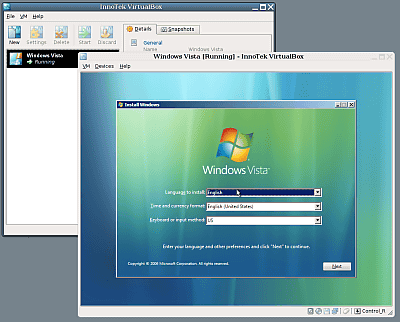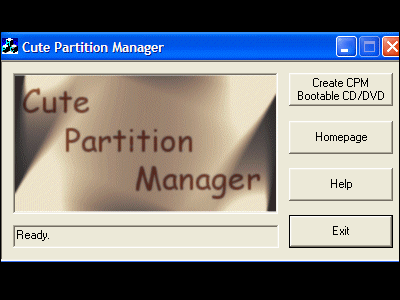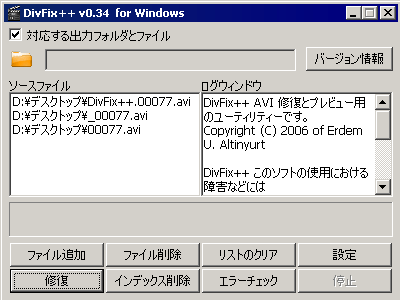Why the 'WTF Notebook' approach is useful when moving to a new team

Software engineer Nat Bennett explains the 'WTF Notebook,' an approach that's useful when moving to a new team.
Why you need a 'WTF Notebook'

Whenever Bennett joins a new team, he opens a new page in his notebook, titles it 'WTF - team name' at the top, and writes down any 'What the Fuck' moments or things he wants to change.
For the first two weeks after joining the team, don't communicate these notes to your team or try to solve any problems, just watch, listen, and note anything that seems odd to you. Here, Bennett explains how this simple technique can help you build a reputation as someone who gets things done effectively, and avoid being a constant complainer.
There are always 'oh no' moments with new teams: the team talks about a serious problem for an hour and then disbands without creating any action items, they're not running tests locally, large parts of the build board are always red, and only one person is capable of performing any important actions.
Once you have a big list of all these events written down, you can cross out and delete items. There are four reasons to delete an item:
Even if it seems strange at first glance, there is actually a good reason for it.
The team is already working on a fix
The team doesn't care about that.
Very easy to fix
For example, if the issue is not running local tests, it may be an issue that your team is already aware of - maybe you run all your work on virtual machines and provision those machines with a quick chat command, or maybe you have a really good CI/CD pipeline and are able to deploy multiple times a day without local testing.
Also, sometimes the problem on the list turns out to be very easy to fix - if you just know where a document or script is, you can just edit it, but when you first see the problem, it's not always immediately obvious, so it ends up on the list. Once you find a fix for this problem, just do it and remove it from the list.

For any issues that remain after sorting through the list over the course of several weeks, it is at this point that they finally start talking to other people on the team, team leaders, and managers. First, they ask about the issues on the list, 'Why is this happening?' and 'How did it happen?'
In Bennett's experience, the issues that remain on the list are due to one of the following reasons:
The team doesn’t realize
The team had become accustomed to the problem
In fact, there was a worse problem in the past, and a new, relatively better problem was introduced as a solution.
The team doesn't know how to solve the problem
You have tried to solve the problem before but failed.
Many teams say that after asking a few initial questions about a problem that has been identified, the person they asked the question to quickly fix it or help them find a way to fix it - either by writing a story or ticket together if it's a technical issue, or by discussing it as a process issue with the whole team.
In addition, for issues that the team is aware of but is afraid to address due to technical skills or other reasons, the manager is shown a list of efforts made so far and asked, 'Some of these issues are progressing, but some will take more time. I would like to hear your opinion before talking to the team. Is there anything I've missed? What do you want me to focus on?' After that, he listens to team members' stories and talks about past experiences that have worked and those that have not worked.

Before he started writing these lists, Bennett would quickly address any problems he saw, but his team members would give him low marks, saying, 'He's always complaining about things and he thinks we're not doing our jobs properly.' So people stopped listening to him, and he was getting annoyed.
It's easy to destroy your credibility as a new team member by making a big fuss about something that isn't a problem, something the team doesn't consider a problem, or something that has already been fixed. There are always so many problems and things that can be improved on in a team, and any one member can only solve a handful of them. Trying to solve problems in the order in which you discover them is not efficient.
By creating the WTF Notebook, Bennett was able to stop the urge to 'solve the problem right now' and gather context for what to work on first. By simply writing down the problem for two weeks and checking the situation, instead of bad reviews, you can get evaluations such as 'Small things started to get better as soon as Bennett joined the team. I think we're starting to make progress little by little' and 'Bennett helps me solve problems and gets things done that I care about.'
◆ Forum is currently open
A forum related to this article has been set up on the official GIGAZINE Discord server . Anyone can post freely, so please feel free to comment! If you do not have a Discord account, please refer to the account creation procedure article to create an account!
• Discord | 'Is there anything you keep in mind when joining a new team or class?' | GIGAZINE
https://discord.com/channels/1037961069903216680/1232260178632638524
Related Posts:
in Note, Posted by log1d_ts







